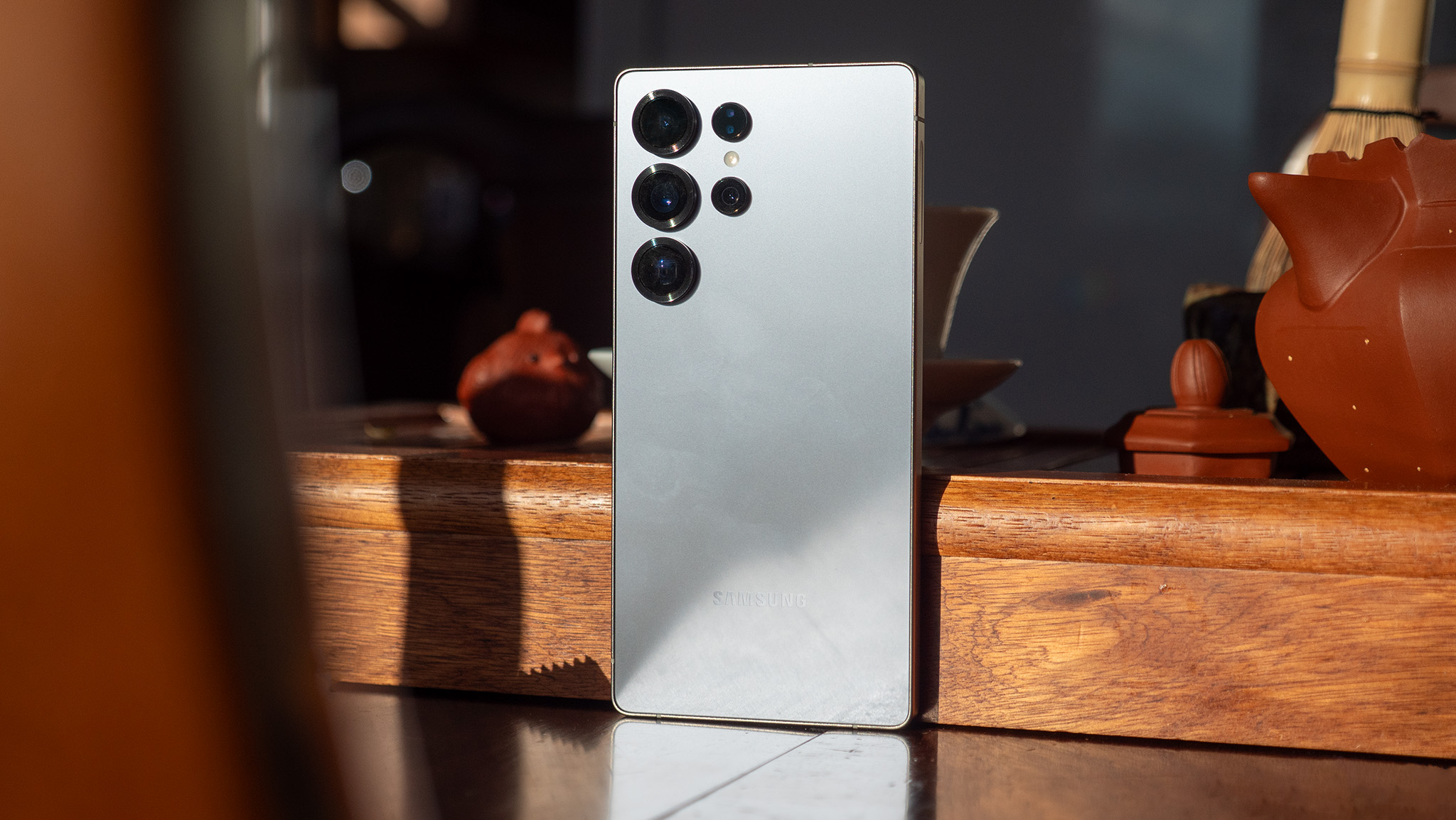As frustrating as smart home devices can be, here's why I put up with them
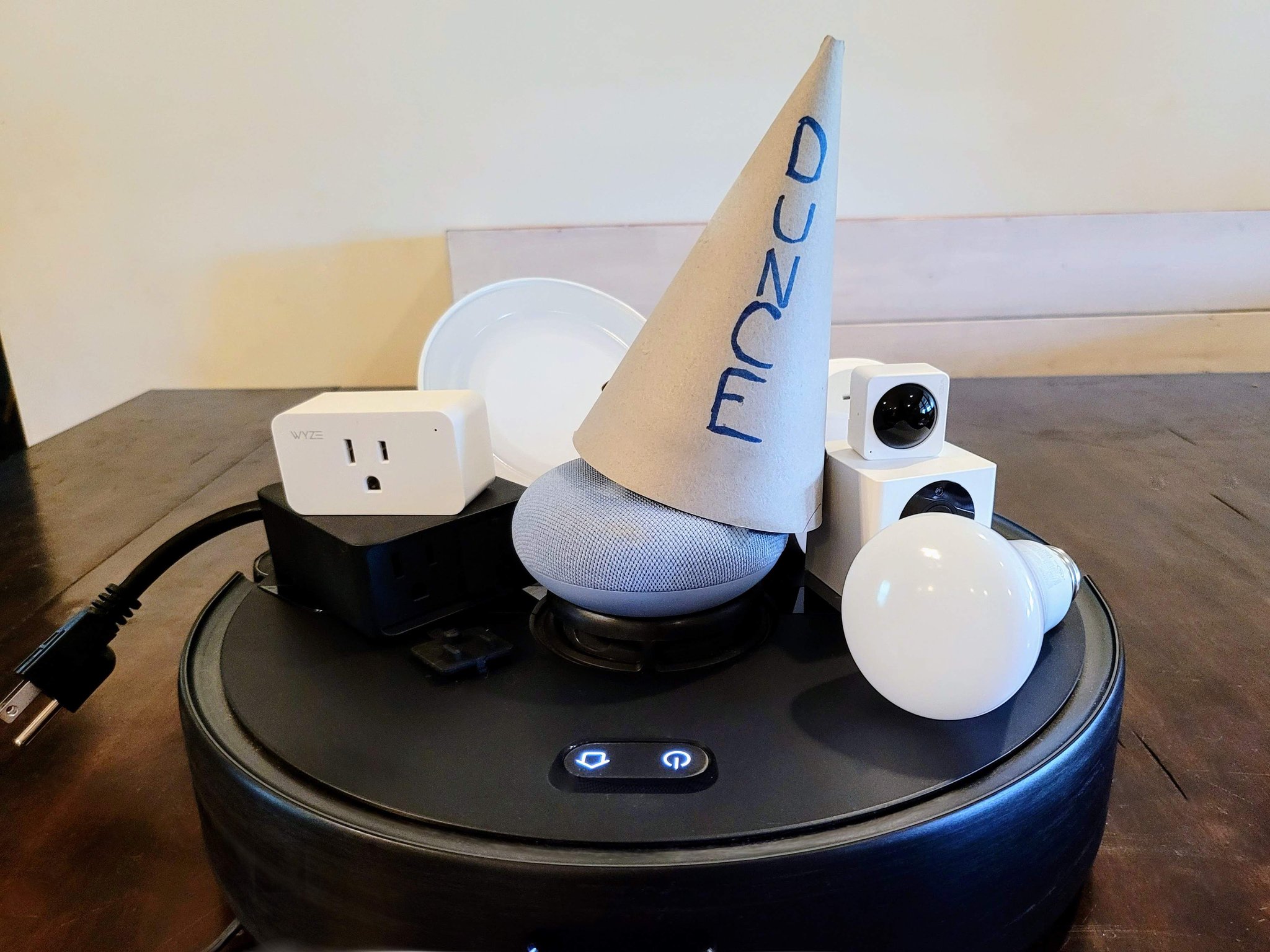
Why are "smart homes" a thing? Why do companies continue pushing this idea of automating our home devices when there is so much fragmentation and inconsistency when trying to use them — even with the best of the best smart home products? And knowing about their shoddy track record, why do I keep buying smart home devices?
Perhaps it's because, for decades, movies and TV shows have perpetuated the idea that having a home that can handle tasks for me will free up time to do other things. I love all things tech-related, and finding ways to intertwine it into my life has been something that I've been enamored with since I was a child. At the same time, I enjoy simple things in life that just work.
So do smart homes call to me because I'm lazy? No! ...Ok, maybe to a point. But in the realm of smart home devices, you can rarely depend on simplicity or consistent, automatic performance. They take real effort to build and maintain. So what really keeps me coming back to these dumb smart devices?
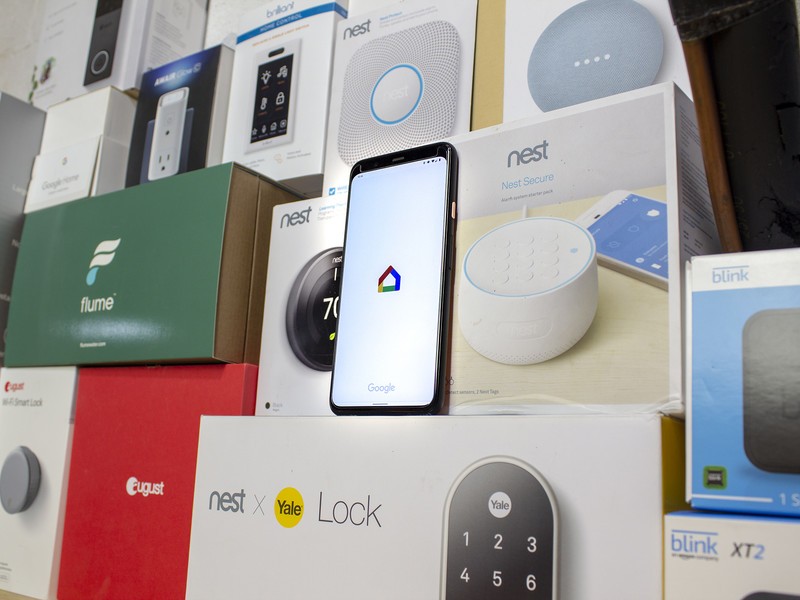
In my home, I have some of the best smart home sensors, robot vacuums, security cameras, and a ton of different smart lights from the traditionally styled to unique options like the Govee Lyra Corner Floor Lamp.
However, to get the most from these products, I frequently have to control them individually from each brand's companion app. While many of the basic functions can be controlled by voice using Google Assistant or Alexa speakers (or through either app), they lack features that would allow me to utilize each smart device fully.
Even with the drawbacks in control and automation, these products improve the overall experience of living in my home. Let's take basic lighting in my kitchen, for example. I live in a farm home built in 1895, and through renovations over the years, light sockets, switches, and power outlets were added. But in my opinion, there's no logical connection between where they placed the light switches and which outlets they actually control.
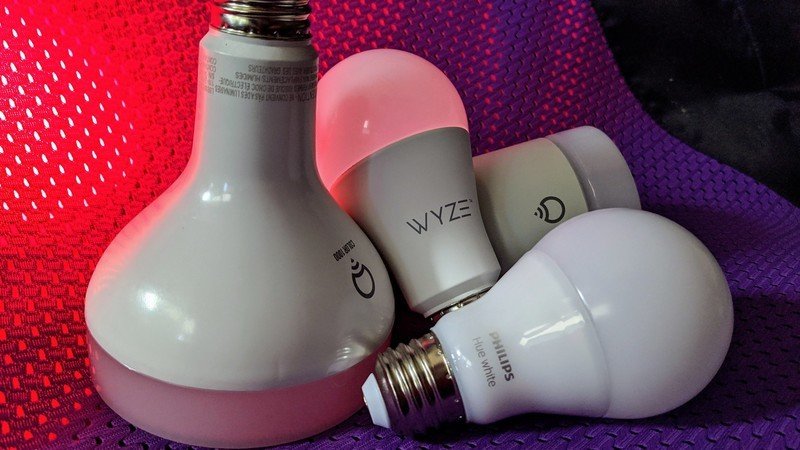
By utilizing smart lights in my kitchen, I don't have to worry about switches at all — I can automate or voice-activate them. They also give far more flexibility to how I light the room than I would have if it were simply on or off. I love setting a routine in the Google Home app to turn on a few individual lights at low brightness and a warm color temperature for early mornings. Then the rest of our lights come on an hour later with a cooler temperature, switch to a brighter setting as my family is getting ready for the day, then turn off automatically as we leave the house.
Get the latest news from Android Central, your trusted companion in the world of Android
This is just one example of how I use smart home devices in my home — and it makes me so happy when it works. From time to time, I'll wake up only to find it dark when I go into the kitchen; somewhere along the chain of command between the devices and software, there was a hiccup causing the whole routine to get thrown out of whack and shut down.
Nearly every room in my home has some form of smart device in it, and I love it — when the products actually work as intended.
There are hundreds, if not thousands, of companies all vying for us to purchase their devices for our homes — but many of them have some combination of operational issues or privacy concerns. Google and Amazon are each trying to be the de facto hub for all smart home needs, and neither is really doing a great job of it yet. This isn't to say that there aren't some excellent smart home devices for Google Assistant and Alexa, but even still, either smart home can be finicky at best.
Part of the issue that products in the smart home industry face are the various methods of connectivity. Some use Bluetooth, while others are Wi-Fi only. Some require a hub, while others use Zigbee or Z-Wave to communicate. Some even use a combination of these options to allow the device to be "smart." Google, Amazon, and Apple are working together to create a unified protocol called Matter that could simplify and unify all of these different protocols. But until Matter materializes and becomes common in devices, we have to deal with what is here and now.
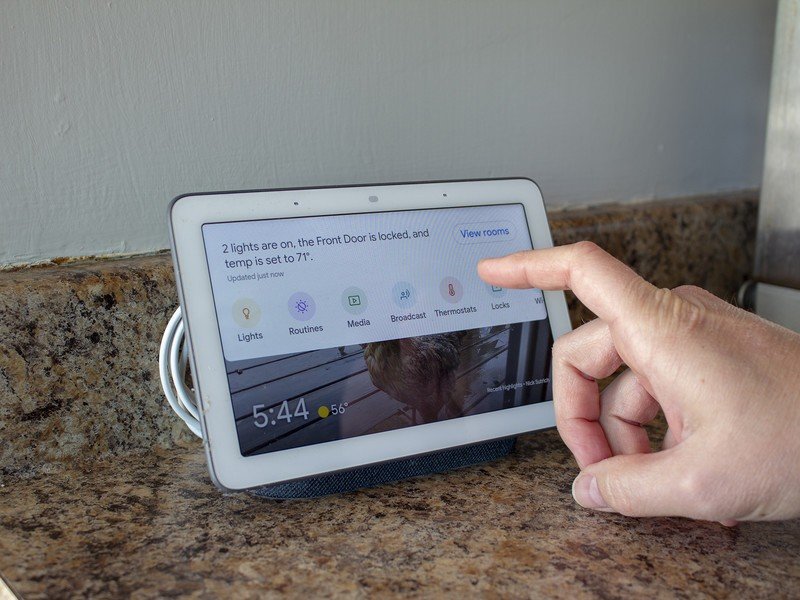
A central control device like Samsung's SmartThings works with multiple products and connectivity protocols, but that adds another potential point of failure beyond your smart devices, apps, and voice assistant. It's one more link that your command has to pass through, creating a delay in response. It's extremely annoying to ask Google Assistant to turn on the lights and then have only some lights turn on almost instantly while others react 30 seconds later — if at all.
From not knowing whether a product will have all of its functionality available in a central app like Google Home to what the precise voice command is to control the device, or for interoperability to only work for some devices but not others — smart homes are a headache. But smart home products still have a place in my home.
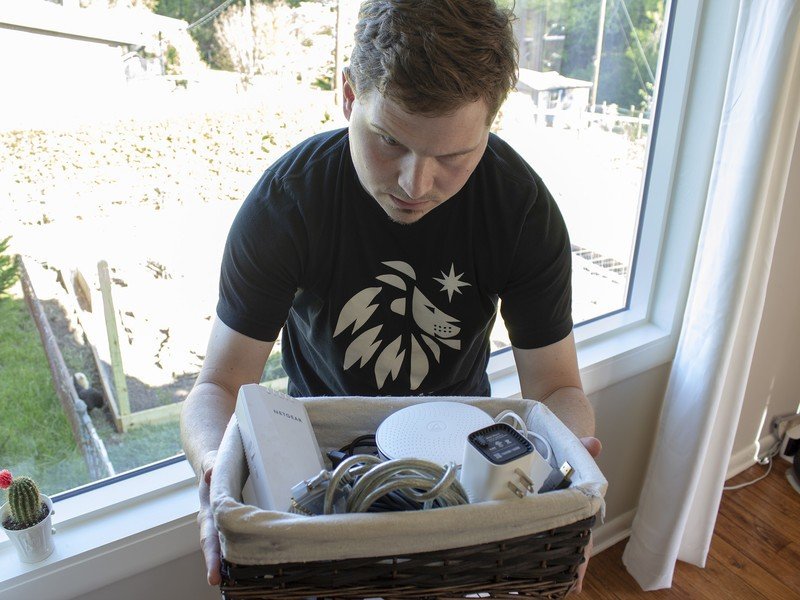
Being able to tell my vacuum to clean only a specific room or area not only saves me time but keeps my home tidier. Using motion sensors for my kids' playroom saves me headaches of asking them to shut off the lights when they're done playing. Scheduling a smart outlet to turn Christmas lights on and off at sundown and sun up during the holidays is both helpful and energy-efficient. Then there's using smart speakers for music, questions, and home control.
In the end, I'll keep on adding to and using smart home devices in my home despite the inconsistency I face with them. Whether it's because I strive to regain my own time from doing tedious tasks in my home, the flexibility offered in those tasks, or maybe I'm a glutton for punishment, often to my wife's dismay — my home will keep getting smarter, and at the same time not so smart, for the foreseeable future.

